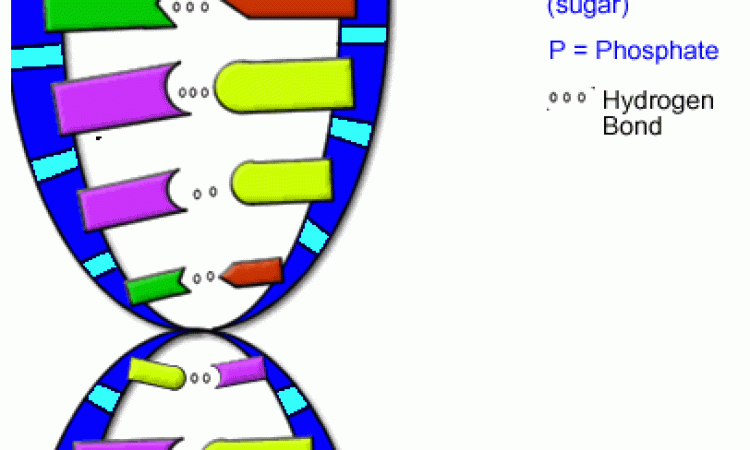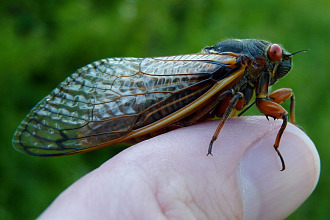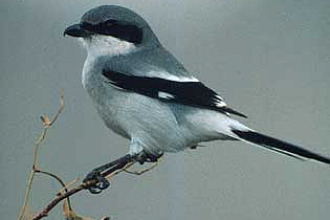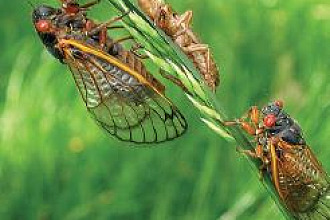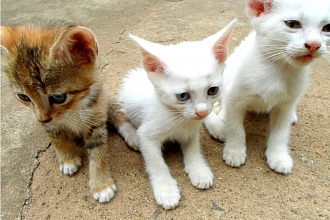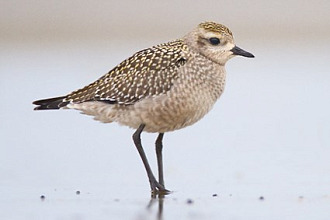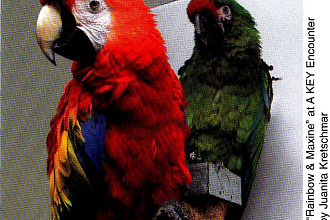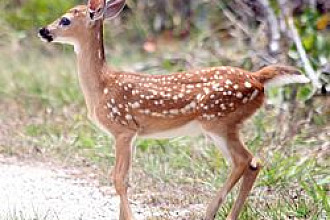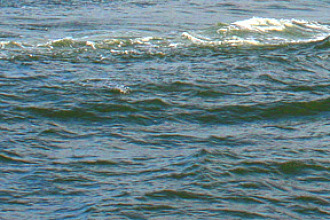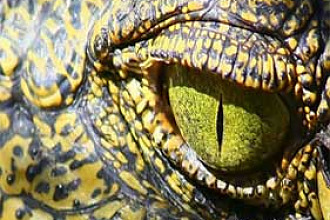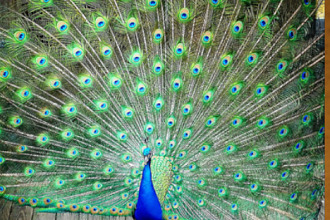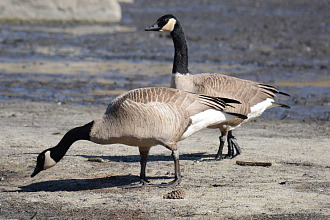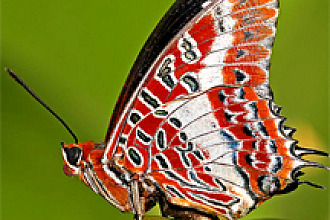RecA is a DNA repair protein and new research is helping to understand how it works. As one report explains:
Previous studies have shown that in bacteria, RecA forms a filament that winds itself around a broken, single strand of DNA. Like a matchmaker trying to find a partner for an unpaired dancer, it scours the corresponding DNA strands for a sequence that will pair up perfectly with the broken strand. Once it finds the sequence, the broken strand steps in and chemically bonds to its new partner, displacing one of the unbroken strands (which eventually pairs with the other broken strand). This elaborate molecular square dance allows the cell to go back to the work of duplicating its genome. Each broken strand now is paired with an unbroken one, and uses the intact strand as a template for replication.
But how does RecA do its job so quickly? The new research elucidates how the protein rapidly slides along the DNA macromolecule. And its speed is crucial, for without it the all-important DNA repair job wouldn't be completed. As one of the researchers explained:
We did a calculation that found that without this kind of process that we discovered, then DNA repair would be 200 times slower. So your DNA would not be repaired quickly and damage would accumulate, possibly leading to serious diseases.
Life cannot sustain DNA damage going unrepaired. What this new research shows is that not only is the elaborate DNA repair machinery necessary, but that it is equipped with an incredible high speed search capability, which also is necessary.
This means that in addition to all the other complexities that early evolution must have created, it also must have bequeathed RecA its rapid search capability.
Originally found here
Picture originally found here

